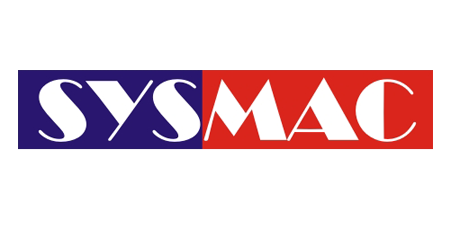All You Need to Know About ISO 41001 Compliance
What is ISO 41001?
ISO 41001:2018 is a standard published by the International Organization for Standardization that sets forth guidelines for facility management. It follows the same structure as other ISO standards, such as ISO 45001 (Occupational Health and Safety) with the same core text, definitions, and terms.
ISO 41001:2018 covers facility management (FM) standards, and compliance with it can help organization become more efficient and reliable. In addition, ISO 41001 certification improves business’ image.
Why Compliance Matters in Facility Management
With the rising value of outsourced facility management (projected to reach $1 trillion by 2025), it’s more important than ever to have a reliable FM system. The objective of ISO 41001 is to help organizations striving for exactly that.
While ISO 41001:2018 isn’t a law—and thus won’t incur penalties if you don’t fully comply with it—it’s still an important component of facility management. Businesses that strive to be ISO certified are better equipped to face the numerous challenges that arise in FM, including the following.
Workplace Safety
ISO 41001 still helps promote a safe environment by averting facility failure. As such, compliance with international standards often plays a key role in minimizing hazards in work environments.
Environmental Issues
Compliance with FM standards helps businesses maintain facilities that keep waste to a minimum while safely handling toxic or otherwise dangerous materials. Many chemicals have to be handled carefully from initial purchase to disposal, so having a set of standards in place to guide the management of these materials is crucial.
Employee Experience
Occupational health and safety factors into a positive working environment for employees. In addition, when systems such as HVAC or production equipment work correctly, it creates a better employee experience. Given that the majority of HR Managers say that employee experience is an important part of organizational success, effective FM is even more important than ever before.
Standardization
One major advantage of adhering to standards is the fact that they’re (naturally) standardized. Standardization helps improve facility reliability and streamlines processes, all while supporting thorough documentation.
Reliability
Companies striving for reliability are well served by adhering to ISO 41001 standards. These standards are specifically designed to help facilities keep systems ranging from HVAC to production equipment in reliable working order, making them an important part of FM.
Regulatory Compliance
ISO 41001 is a standard, not a law. However, its design does help facility managers ensure compliance with all applicable regulations, such as those governing safety, environmental responsibility, record keeping, and so forth.
Tips for ISO 41001 System Development & Certification
To begin the process of becoming ISO 41001 certified, there are a number of items to be aware of. The following list should give an overview of what certification will mean for an organization.
- Understand the scope of the standard
- Use reference documents
- Involve leadership
- Implement your plan into operations
- Measure and evaluate performance
- Perform internal audits and management reviews
- Monitor your system and make improvements
Benefits of Becoming ISO 41001 Certified
ISO 41001 help organizations gain the following benefits:
- Improved safety, health, and well-being for workers
- Improved productivity
- Increased efficiency and effectiveness
- Improved communication, particularly when it comes to FM requirements and methodologies
- Greater consistency of services
- FM standardization across all types of organizations
- Nationally / internationally recognized credibility
Next steps
- Purchase a copy of ISO 41001:2018 standard.
- Consider a Gap Analysis or pre assessment from SYSMAC www.sysmacs.com to make sure you are best placed to achieve your objectives.
- Conduct training on awareness and internal audit for relevant staff.
Conclusion
With excellent planning, continuous monitoring, and a effective management structure in place, organization will be able to comply with ISO standards for r facility management affording the benefits of compliance as well as a more reliable facility.

